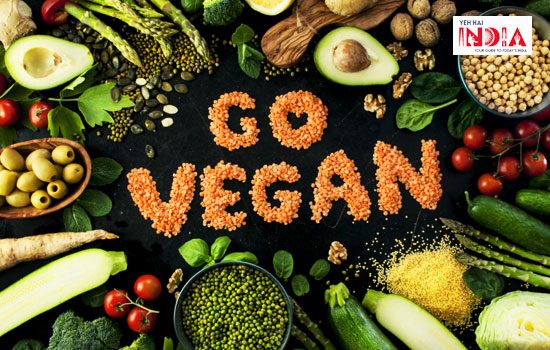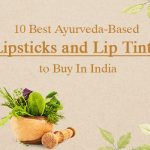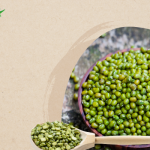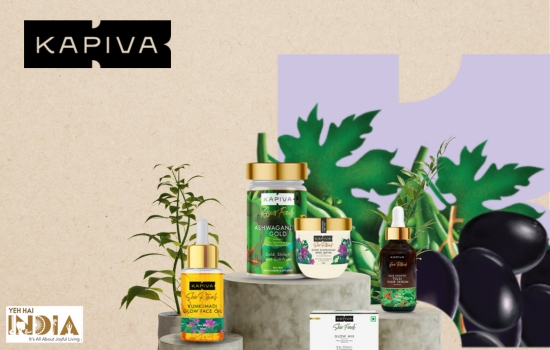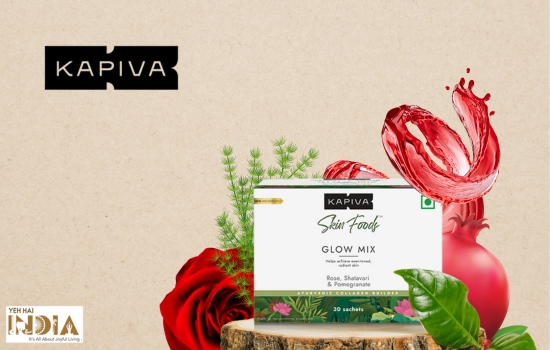India is relied upon to create 175 billion litres of milk in 2019, making it the biggest milk maker on the planet. It is also proposed that the creation of this item will grow by 4 per cent in 2020, which means an extra 9.7 billion litres. Milk has been the go-to nutritious easy meal drink for decades together in India from infants to teenagers to adults and even to elders as comfort food. But with the changing course of eating trends, milk has fallen back in the trend wagon and now, having said that, an opposite phenomenon is growing in India: Veganism.
Many facts and figures claim that the vegan lifestyle is quite expensive and people aren’t able to adopt it. On the other hand, some people have started making small changes to adopt this lifestyle.
Towards it or against it is something that depends on every person, but to make this decision, it is important to look at your health, tolerances and mainly the benefits that you get. To make this decision a little easier, it’s time to consider both sides of the coin and then choose.
How did Veganism gain popularity?
In the last couple of years, Veganism has acquired tremendous notoriety across the globe. People for the Ethical Treatment of Animals (PETA) and numerous other associations have discussed the advantages of a vegan diet.
Therefore, this awareness is an enormous factor for some individuals embracing a vegan diet. Veganism implies the total absence of animal products making it safe for animals to live.
Food Industry Adapting to Veganism
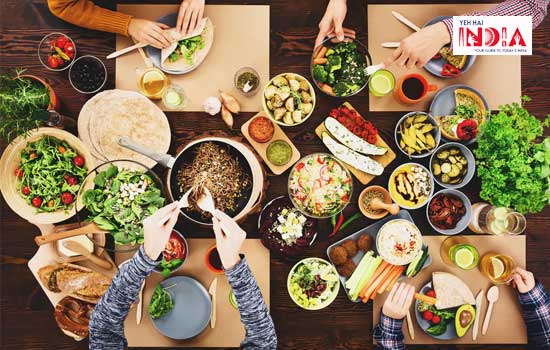
The catering/ restaurant/food industry has started offering vegan options because of the awareness regarding animal exploitation among the youth. More people are undergoing a transformation and turning vegan.
With the changes slowly pacing towards veganism, there are certain challenges which have been faced by the food industry such as an ordinary Indian eating regimen is extensively dependent on products like ghee, milk, and cream, and replacing these foods is not quite easy.
Depending on standards and economic class and cuisines, high-end restaurants have built up vegan options in their menus, considering the audience they have been catering to, while the low-end restaurants and food stalls have some range of foods present in the menu which can be categorized as vegan, have a difficulty providing an all-vegan or separate vegan menu.
Recommended Story – Best Indian Diet Plan for a Healthy Life
Vegan Choices in Metro Cities
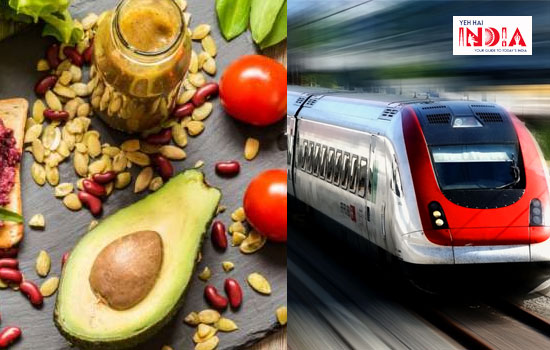
There has been a remarkable expansion in completely vegan lover cafés in urban cities like Mumbai, Hyderabad Pune, Bangalore and Goa, and different foundations are progressively naming their food things, “veganisable” and “vegan”.
This further implies that they can be modified to make them vegan. Grocery stores have vegan walkways and vegan e-commerce stores are blossoming, making vegan items open even in small urban communities and towns.
Indian Scenario
In the present scenario, all the non-vegetarian (counting egg) items are symbolized with a red dot and vegetarian items with a green dot, but due to an increase in the veganism food line, FSSAi has come up with vegan regulations.
FSSAI (Food Safety and Standards Authority of India) came up with vegan food-related regulations in September 2021, in which all the products claimed to be vegan have to have the below logo:
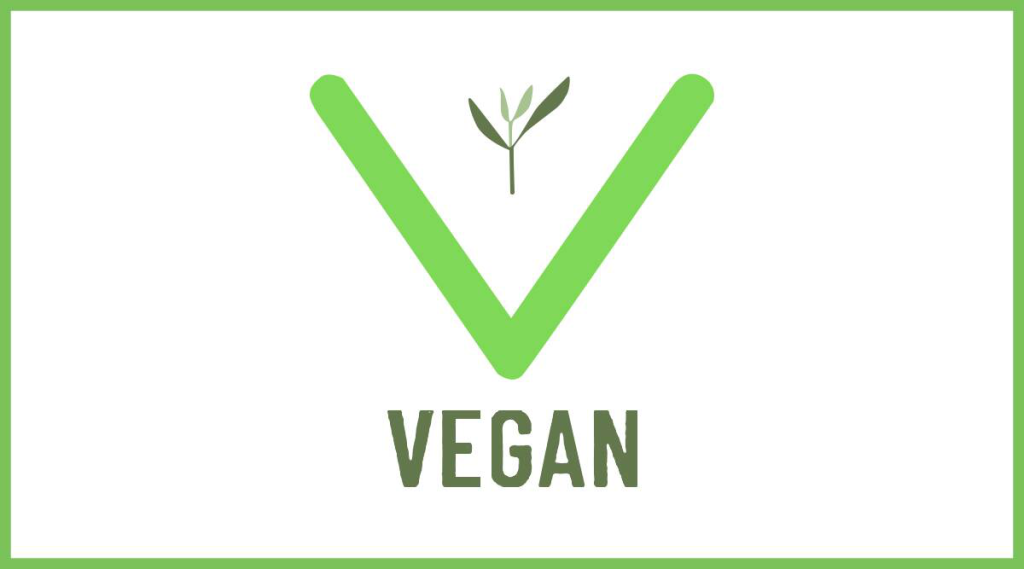
Health Benefits From Vegan Diet
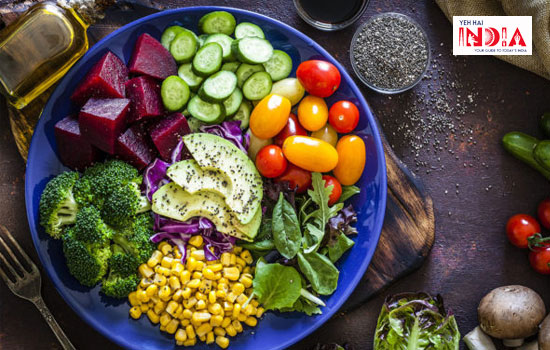
A vegan diet has enormous health advantages, as said by numerous examinations and books in recent years. Among the recent findings, a vegan diet is related to a lower risk of cancer incidences, and lower all-cause mortality.
Interventional studies proved that a vegan diet promotes weight loss and individuals following a vegan diet have a lower BMI (Body Mass Index) and this was constant in healthy, diabetic and at-risk individuals. In the case of diabetics, a vegan diet was effective in reducing body weight, waist circumference, LDL-cholesterol, fasting glucose, and HbA1c. It also had a strong influence on the cardiometabolic markers.
High fibre content not only helps in reducing sugars but also reduces the incidences of diverticulosis. In the case of fats, the vegan sources of omega 3, strongly prevent atherosclerosis as well as optimize lipid profile.
What are the drawbacks associated with the Vegan diet?
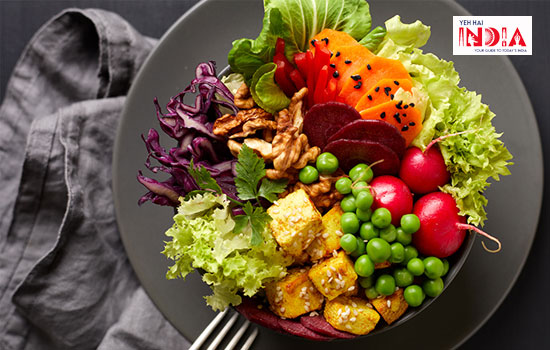
India has for some time been promoted as the vegetarian capital of the world. 31 – 42% of Indians are assessed to be vegetarian, which approximately equals 440 – 570 million who follow a meat-free diet while 13% of Indians are vegans as per the reports in 2023.
India has been known to follow a meat-free diet due to various reasons. But as per the growing trend, people are shifting from non-vegetarian diets to vegan. While it is not only a drastic change in the meal type, various other factors need to be considered.
a) Shift to Veganism is not easy!
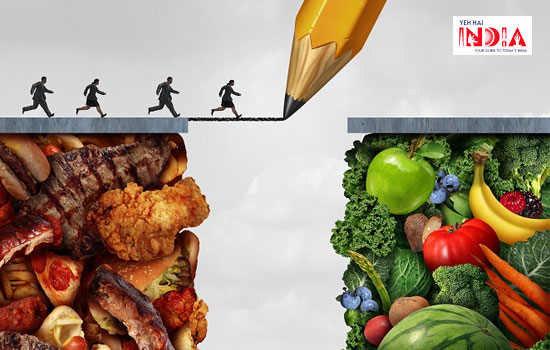
Regardless of these advantages, making a move to veganism isn’t excessively simple. This isn’t just valid for the individuals who have been non-vegetarians for their entire life but also vegetarians.
The conventional diet of Indians is not just plant-based but it includes animal products like ghee, milk, etc. The use of ghee is extensive and widely spread throughout the different regional cuisines, how can one suddenly exclude this basic ingredient? Also, it’s not the ingredient that matters but the amount.
Milk products are intricately woven into the lives of vegetarians so it’s very difficult to start a transition that is completely free of animal products. Not only have milk and milk products been a major ingredient in the festivities, but they have been a strong keeper of health for all age groups as a part of day-to-day meals.
b) Vegan diet is expensive
Additionally, while the vegetarian diet seems feasible, the vegan diet is expensive. One can replace paneer with tofu but the costs that come with it aren’t suitable for everyone.
Of course, vegetables, natural products, vegetables, nuts, and seeds are effectively and plentifully accessible, yet completely depending on them throughout can be expensive. This gets into another tricky situation for those hoping to opt for a vegan diet.
Recommended Story – Keto diet becoming famous in India- But is it safe?
c) Some barriers are communal!
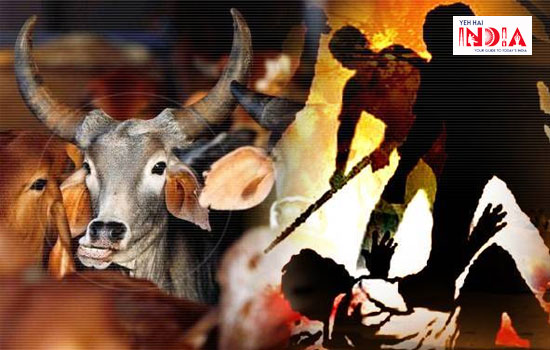
Vegans in India are likewise in some cases wrongly connected with the frequently rough, conservative, and nationalistic Cow Protectors (Gau Rakshaks) on account of the protection and safeguarding of animals.
However, the shared characteristic closes there because not exclusively do vegans not help any type of savagery, they likewise accept that the most genuine type of insurance starts with not exploiting creatures at all.
d) Nutritional Hazards
There are widespread studies about the benefits of veganism and also the hazards and issues with this meal type. Among the primary concerns is bone health as vegan meals contain comparatively low in protein, vitamin D, B12, and calcium. Research shows that vegans have higher risks of total hip, leg, and other main-site fractures.
In the case of diabetics, a vegan diet reduces HDL cholesterol levels. Moreover, the excessively high fibre content has been shown to lead to irritable bowel syndrome in some cases.
Among the micronutrients, low levels of zinc can be seen in vegans. It is seen even after the consumption of zinc-rich foods due to the presence of phytates which affect the bioavailability of the nutrient. Inadequate zinc intake is related to mental health disorders (e.g. depression), dermatitis, diarrhoea and alopecia, which is higher in vegans.
Higher consumption of sodium is seen among vegans compared to other meal types. Intake is seen to be higher due to a preference for convenience foods.
Regardless of these advantages, making a move to veganism isn’t excessively simple. This isn’t just valid for the individuals who have been non-vegetarians for their entire life but also vegetarians.
Akansha Mishra says that the conventional diet of Indians is not just plant-based but it includes animal products like ghee, milk, etc. You use ghee in almost every dish of yours, how can one suddenly exclude this basic ingredient? Also, it’s not the ingredient that matters but the amount.
Milk products are intricately woven into the lives of vegetarians. So it’s very difficult to start a transition completely free of animal products.
Tips and Tricks for Vegan Lifestyle
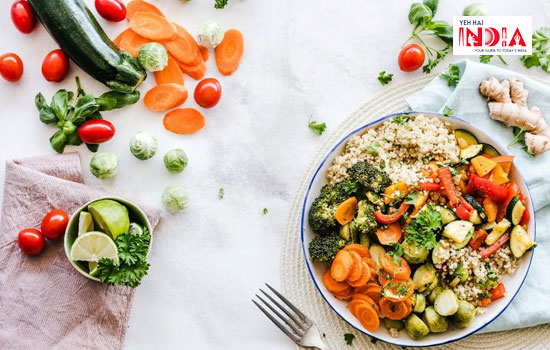
There’s a ton you need to assess before adopting a vegan lifestyle. Maybe these tips and tricks may make your journey smooth and help you at the same time.
- Nothing happens at the speed of light, so don’t expect results soon. The transition may take time, caution, and patience, especially for non-vegetarians. Make your weight loss goals accordingly.
- Everyone’s body requires a different amount of nutrients. So, consult a doctor or a nutritionist before changing. If you have any deficiencies, he/ she may give you supplements to fill the holes in your diet.
- Go grocery shopping so that you can have a look at the options available nearby. Try new stuff and adjust as per your taste. Opt for more organic options rather than going for plant-based products which have pesticides in them.
- Start reading labels to check out the ingredients, to make sure there are non-animal products used in the packed food.
- If you aren’t a good cook, this is the time to learn how to cook. The better you are at cooking, the more new dishes you can try at home. This would make the transition more fun and healthy at the same time.
- Always look at the menu to avoid animal products and consider calling the chef to know more about vegan products.
In the end, veganism is a choice made by an individual, after assessing the benefits it would provide your body. As each person is different and so is his/her health, it does require a different unique and specific diet.
Also, Read – Pescatarian Diet- All You Need To Know, Options Of Sourcing Food In India
Frequently Asked Questions
What is veganism?
Veganism is a lifestyle and dietary choice that seeks to exclude the use of animal products in all aspects of life. It involves abstaining from consuming meat, fish, poultry, dairy, eggs, honey, and other animal-derived ingredients. Vegans also typically avoid using products made from animals, such as leather, fur, and cosmetics tested on animals.
Why do people choose to follow a vegan lifestyle?
People choose to follow a vegan lifestyle for various reasons, including ethical, environmental, and health concerns. Many vegans believe in promoting compassion and minimizing harm to animals. Others adopt veganism due to concerns about the environmental impact of animal agriculture, such as deforestation and greenhouse gas emissions.
Is it difficult to get all the necessary nutrients on a vegan diet?
With proper planning and a balanced approach, it is entirely possible to meet all nutrient requirements on a vegan diet. While certain nutrients like vitamin B12, iron, calcium, and omega-3 fatty acids may require attention, plant-based sources and fortified products can fulfil these needs.
Can children and pregnant women follow a vegan diet?
A vegan diet can be suitable for children and pregnant women if it is well-planned and nutritionally adequate. Extra care must be taken to ensure that these individuals receive essential nutrients for growth, development, and overall health. Consulting with healthcare professionals and registered dietitians who specialize in plant-based nutrition is recommended to ensure proper guidance and monitoring.
Is veganism only about food?
While a significant focus of veganism is on dietary choices, it extends beyond food. Veganism is a lifestyle that aims to minimize the use and exploitation of animals in all aspects of life. This includes avoiding products derived from animals, such as clothing, cosmetics, and household items. Many vegans also actively support animal rights and advocate for the ethical treatment of animals in various industries.


